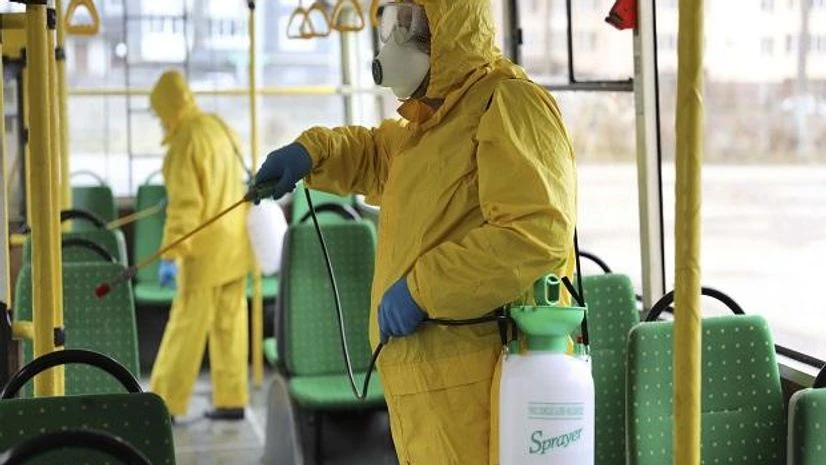A production slowdown in China stemming from the new coronavirus outbreak will slash global exports by $50 billion in coming months, UN economists said on Wednesday.
A fresh report from the UN Conference on Trade, Investment and Development (UNCTAD) said the European Union, the United States and Japan will be hardest-hit by the export cuts.
The new coronavirus, which has now infected more than 92,000 people globally and claimed 3,200 lives, "has the potential to significantly slowdown not only the Chinese economy but also the global economy," the report said.
The study pointed out that China's role as a central manufacturing hub for many global businesses meant that "any disruption of China's output is expected to have repercussions elsewhere through regional and global value chains."
Around 20 per cent of the global trade of manufactured intermediate products now come from China, compared with only four percent in 2002, UNCTAD noted.
Last month alone, when Chinese manufacturing activities all but ground to a halt as large swaths of the country were placed under lockdown to halt the spread of COVID-19, it resulted in a two-percent cut to the country's full-year exports in intermediate inputs, the UNCTAD economists said.
Also Read
"There is a ripple effect throughout the global economy," Pamela Coke-Hamilton, head of UNCTAD's international trade division, told journalists in Geneva, adding that it would be felt "to the tune of a USD 50 billion fall in exports across the world."
UNCTAD economist Alessandro Nicita agreed.
"It's reasonable to assume that those effect will manifest in the data in about two or three months," he told reporters.
The EU will be hardest-hit, suffering forecast export-losses of $15.6 billion (14 billion euros), followed by the United States at $5.6 billion.
Japan will also be hit hard, with loss of $5.2 billion, followed by North Korea at $3.8 billion, Taiwan at $2.6 billion and Vietnam at 42.3 billion.
The sectors hardest-hit in Europe and the US would be the machinery sector and the auto industry, the report found.
"The impact already has been major," Coke-Hamilton said.

)
